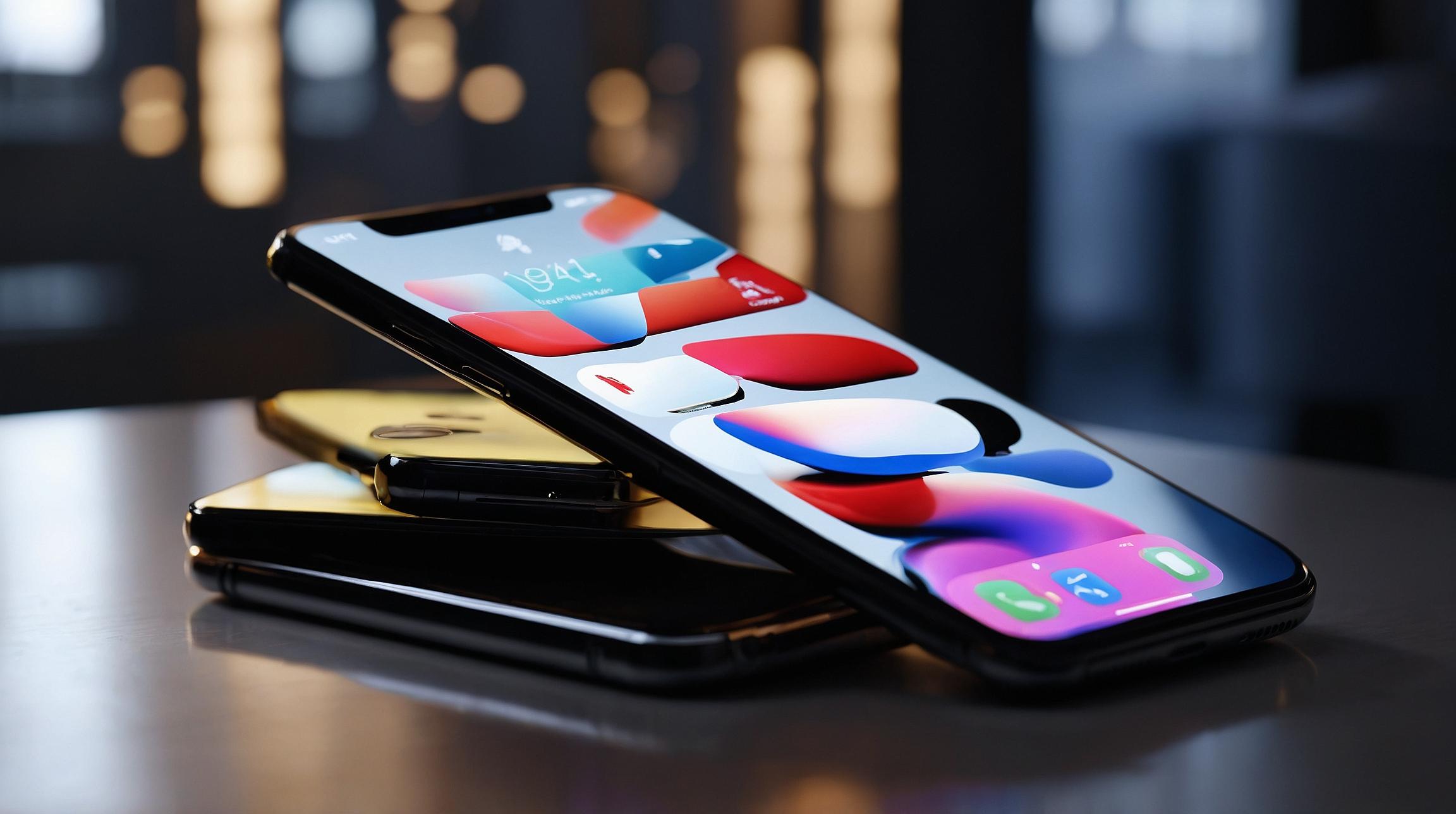iPhone 16 Debuts with iOS 18, AI Missing at Launch
Apple's latest iPhone 16 series has officially hit stores across 60 countries, yet the excitement appears more subdued than in previous launches. The primary reason? The absence of Apple's much-anticipated artificial intelligence enhancements.
Key Missing Feature: Apple Intelligence
When it comes to consumer electronics, features can make or break a product launch. For the iPhone 16, the missing piece is the Apple Intelligence — an AI feature promised to revolutionize user interaction. This absence has notably affected the demand, particularly for the iPhone 16 Pro series. According to market analysts, the lack of this feature at launch has resulted in a 13% drop in pre-order sales compared to the iPhone 15.
The Delay in Apple Intelligence
Apple Intelligence was expected to be a cornerstone feature of iOS 18, but it turns out that the rollout is more complex. Users will have to wait for iOS 18.1, scheduled for release in October, to experience these AI capabilities. For those who can't wait, a public beta version of the software is available, offering a preview of features like text rewriting tools and a refreshed Siri design.
Gradual Rollout and Future Impact
Once iOS 18.1 is released, Apple Intelligence will be integrated into apps such as Mail and Notes, enhancing daily tasks by utilizing Apple's advanced silicon chips. The AI is designed to assist users by understanding and generating language and images, simplifying tasks like list-making. Siri, Apple's virtual assistant, is expected to see subtle improvements initially, with richer language understanding and text communication capabilities.
Consumer Behavior and Market Response
Lisa Eadicicco from CNET suggests the tepid response may also reflect shifting consumer behavior. The allure of upgrading to the latest model every year is waning. People now tend to upgrade every three years, focusing on significant improvements like better battery life, rather than incremental updates. This shift could explain the less-than-stellar reception of the iPhone 16.
Conclusion
The iPhone 16's initial sales may not have met expectations, but the upcoming AI features could change the landscape. As Apple Intelligence rolls out, the iPhone 16, along with older models, might see renewed interest, illustrating how emerging technologies continue to evolve consumer expectations and market trends.













